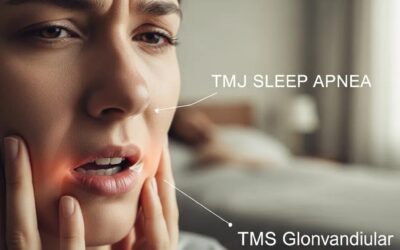Why Does Flossing Matter?
Brushing your teeth is a daily ritual for most, but flossing? That’s where many people fall short. Yet, flossing is just as crucial as brushing when it comes to maintaining a healthy mouth and preventing serious dental issues. In fact, if you’re skipping this step, you’re leaving nearly 40% of your tooth surfaces untouched—and vulnerable.
In this post, we’ll explore why flossing is so important, when and how often you should do it, and how to floss properly. Plus, we’ll link to trusted resources for those who want to dive deeper into oral health best practices.
The Many Benefits of Flossing
Flossing Prevents Gum Disease
Plaque is a sticky film of bacteria that builds up between your teeth and under the gumline. If not removed, it can harden into tartar and lead to gingivitis, the earliest stage of gum disease. Left untreated, gingivitis can progress to periodontitis, a severe condition that can cause tooth loss.
Flossing daily helps remove plaque before it can harden, significantly reducing the risk of gum disease.
For more on gum disease, check out the American Dental Association’s guide to periodontal health.
Flossing Helps Prevent Cavities
Cavities don’t just form on the tops of teeth—they also commonly occur between teeth where toothbrush bristles can’t reach. Flossing helps remove food particles and plaque from these tight spaces, significantly lowering your risk of developing interproximal cavities (the kind that form between teeth).
By flossing daily, you’re removing decay-causing bacteria from areas that would otherwise be left vulnerable.
Flossing Reduces Bad Breath
Food particles and bacteria that linger between your teeth can start to smell. Flossing gets rid of these hidden bits, helping you maintain fresher breath beyond what brushing alone can achieve.
Flossing Daily Helps to Protect Your Heart and Body
Oral health is closely linked to overall health. Research has found associations between gum disease and serious conditions like heart disease, diabetes, and even Alzheimer’s. At Village Dental Group, this undeniable connection forms the cornerstone of our treatment philosophy — we’re concerned with improving your overall health.
Regular Flossing Maintains a Whiter Smile
Although flossing won’t whiten your teeth the same way a bleaching product might, it helps prevent the yellowing that comes from plaque buildup and stained tartar between teeth.
Ultimately, Flossing Saves You Money
Prevention is always cheaper than treatment. Regular flossing can help you avoid costly dental procedures like fillings, root canals, or gum surgery by preventing issues from arising in the first place.
When and How Often Should You Floss?
The American Dental Association (ADA) recommends flossing at least once a day. The best time? Whenever you’re most likely to do it consistently. Some prefer flossing at night to remove the day’s buildup, while others do it in the morning to start fresh.
The key is consistency—daily flossing is far more effective than sporadic flossing.
A topic that may interest you: Understanding Bruxism
How to Floss Properly: Step-by-Step
Flossing the right way is just as important as doing it regularly. Here’s how to do it:
- Use about 18 inches of floss, winding most of it around your middle fingers.
- Hold the floss tightly between your thumbs and forefingers.
- Gently slide the floss between your teeth using a back-and-forth motion.
- Curve the floss into a C shape around each tooth, sliding it under the gumline.
- Use a clean section of floss for each tooth to avoid moving bacteria around.
If you find traditional floss challenging, floss picks, interdental brushes, or water flossers can be great alternatives, especially for people with braces or mobility issues.
Summing It Up…
Flossing might feel like a small habit, but it has a massive impact on your oral and overall health. From preventing gum disease to saving you money on dental work, it’s one of the easiest ways to take care of your smile and your body.
Make it a daily habit, do it properly, and your future self will thank you—with a clean, healthy mouth and far fewer visits to the dentist.




